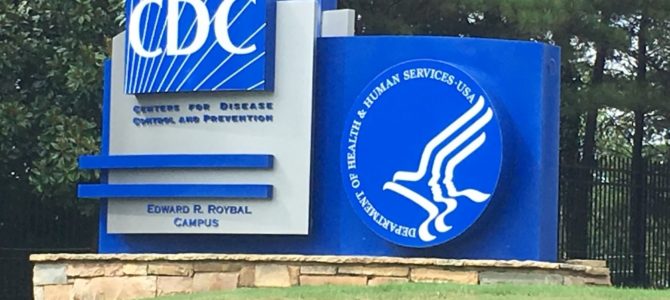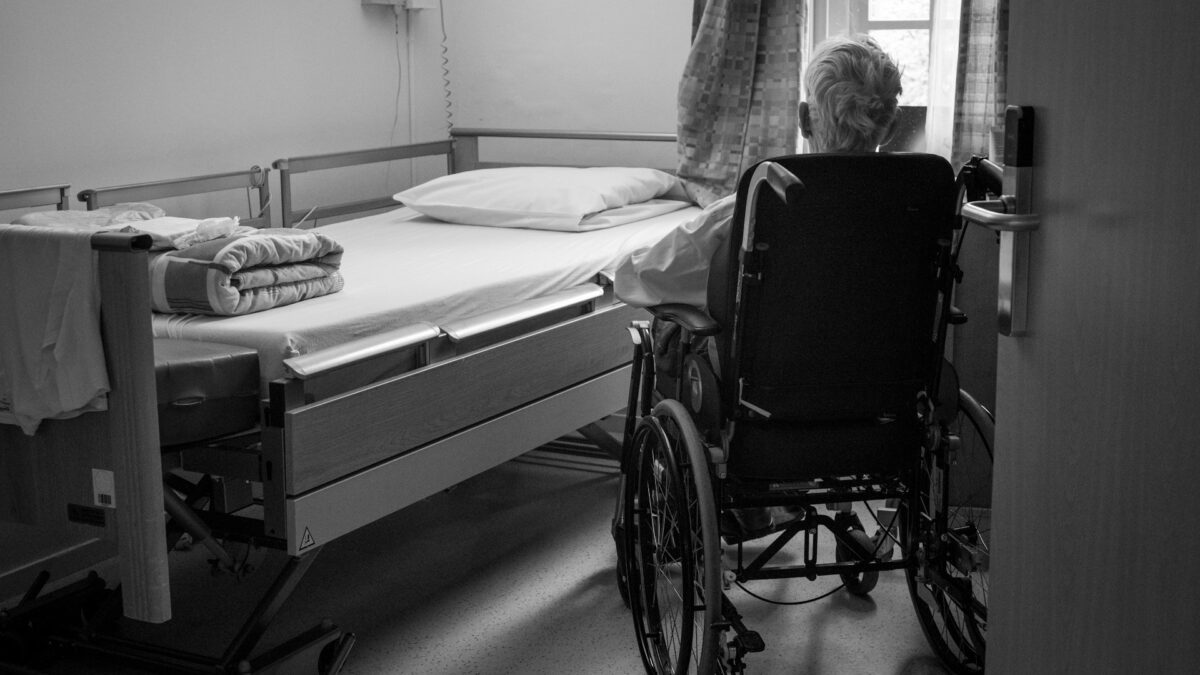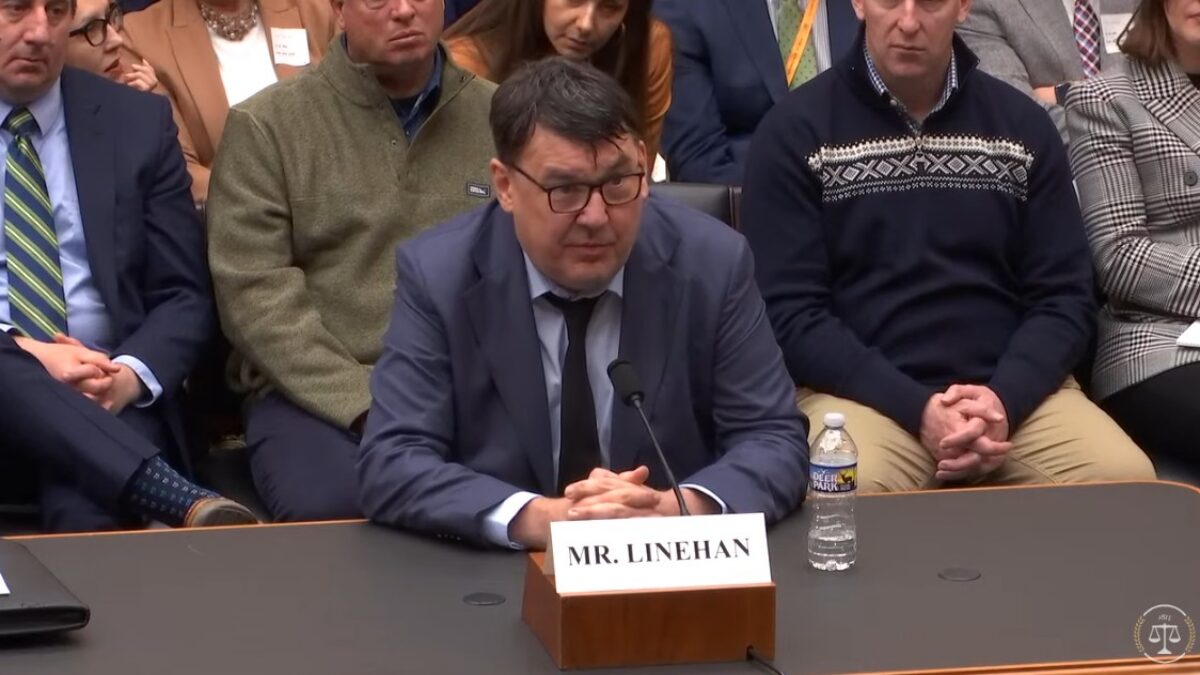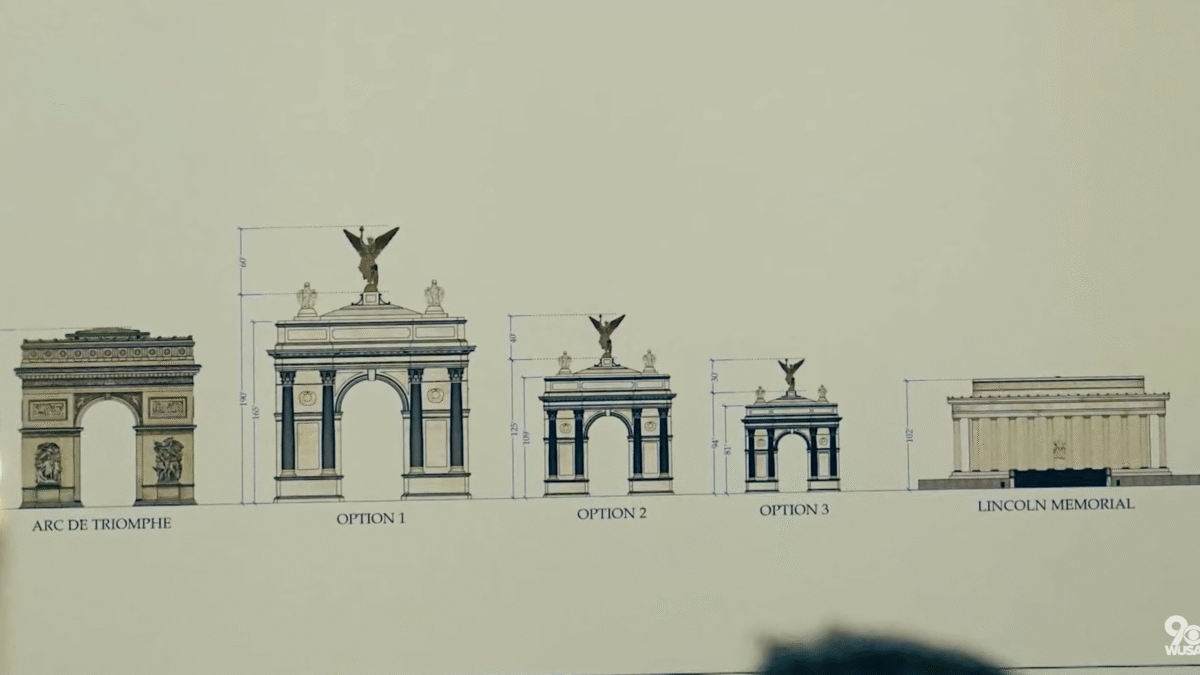The Centers for Disease Control and Prevention (CDC) has admitted it has no record of an unvaccinated person spreading COVID after having previously recovered from the virus.
The admission from the government agency came in response to a September Freedom of Information Act (FOIA) request from a New York attorney, who asked the CDC to provide “documents reflecting any documented case of an individual who (1) never received a COVID-19 vaccine; (2) was infected with COVID-19 once, recovered, and then later became infected again; and (3) transmitted SARS-CoV-2 to another person when reinfected.”
In its response, the CDC said that a search of its records “failed to reveal any documents” pertaining to the attorney’s request.
“The CDC Emergency Operations Center (EOC) conveyed that this information is not collected,” the agency added.
In response to attorney’s FOIA request, US CDC admits that it has no record of an unvaccinated person spreading COVID after recovering from COVID.
Lawyers smelling blood in the water. pic.twitter.com/ajdOuiIyjj
— Michael P Senger (@michaelpsenger) November 12, 2021
The bombshell revelation comes on the heels of a wave of scientific data that has shown natural immunity to be extremely robust at preventing coronavirus reinfection. Studies from the Washington University School of Medicine in St. Louis, Emory University, the Cleveland Clinic, and others have found natural immunity to be incredibly strong months and even a year after infection.
Moreover, a preprint study conducted by researchers from Maccabi Healthcare and Tel Aviv University in Israel, which has not been peer-reviewed but has been shown to use more accurate methodology than a similar CDC study, found that people with natural immunity to COVID-19 could be 13 times less likely to contract the respiratory virus than those who were solely jabbed with the Pfizer-BioNTech shot.
“Natural immunity confers longer lasting and stronger protection against infection, symptomatic disease and hospitalization caused by the Delta variant of SARS-CoV-2, compared to the BNT162b2 two-dose vaccine-induced immunity,” the study concluded. “Individuals who were both previously infected with SARS-CoV-2 and given a single dose of the vaccine gained additional protection against the Delta variant.”
Dr. Fauci, great news! T cell immunity after natural infection shown to include variants. Do we still need to wear multiple masks after we’ve recovered or been vaccinated?https://t.co/sSsE66wJbs
— Rand Paul (@RandPaul) March 31, 2021









